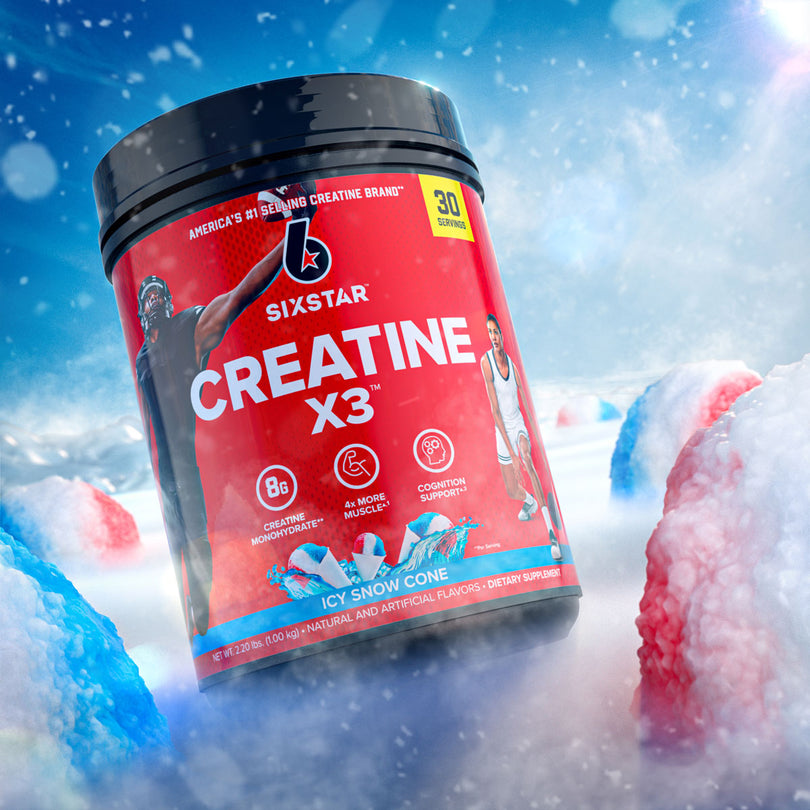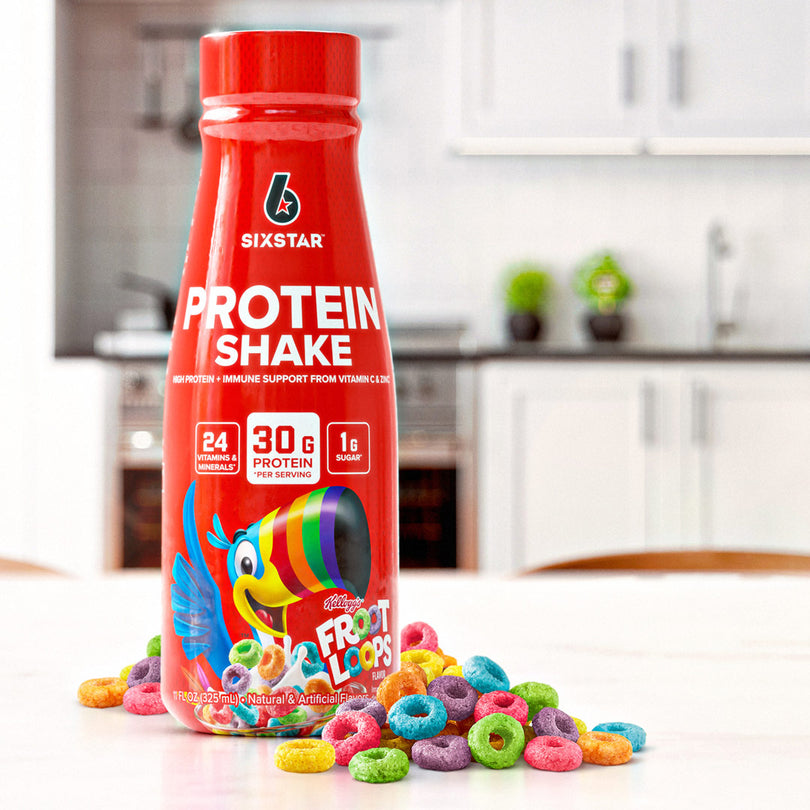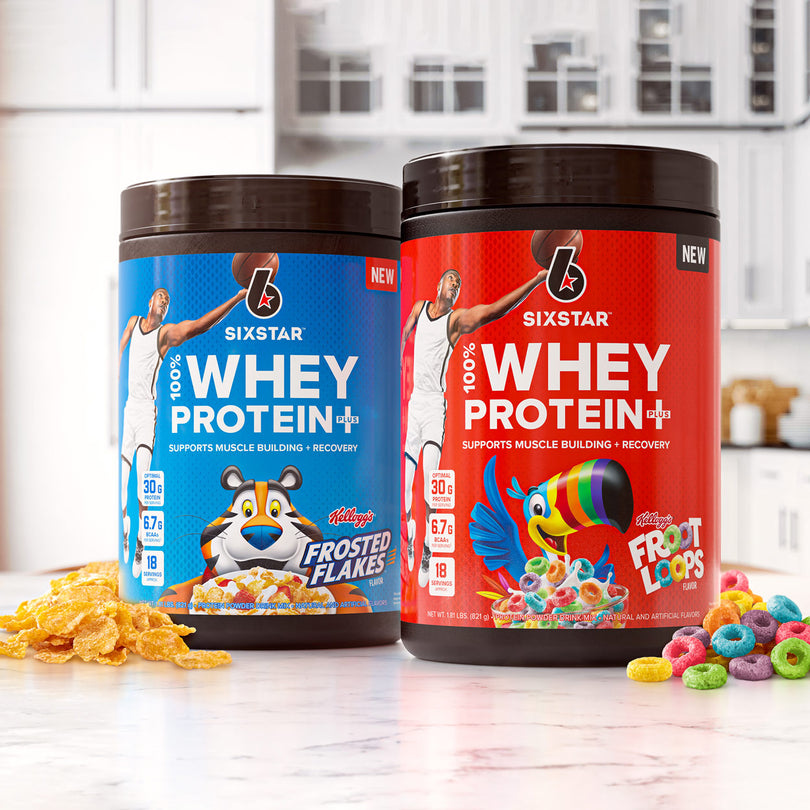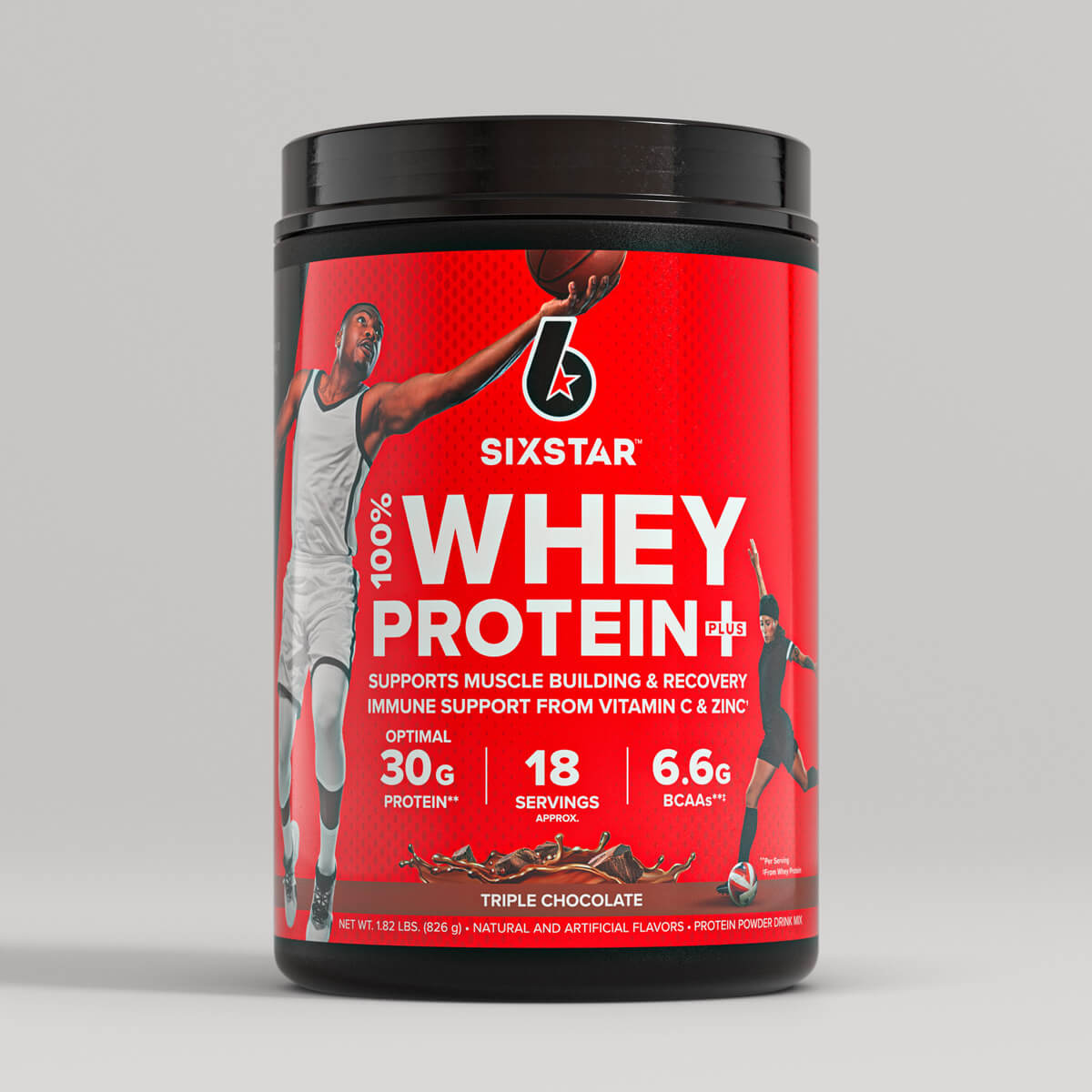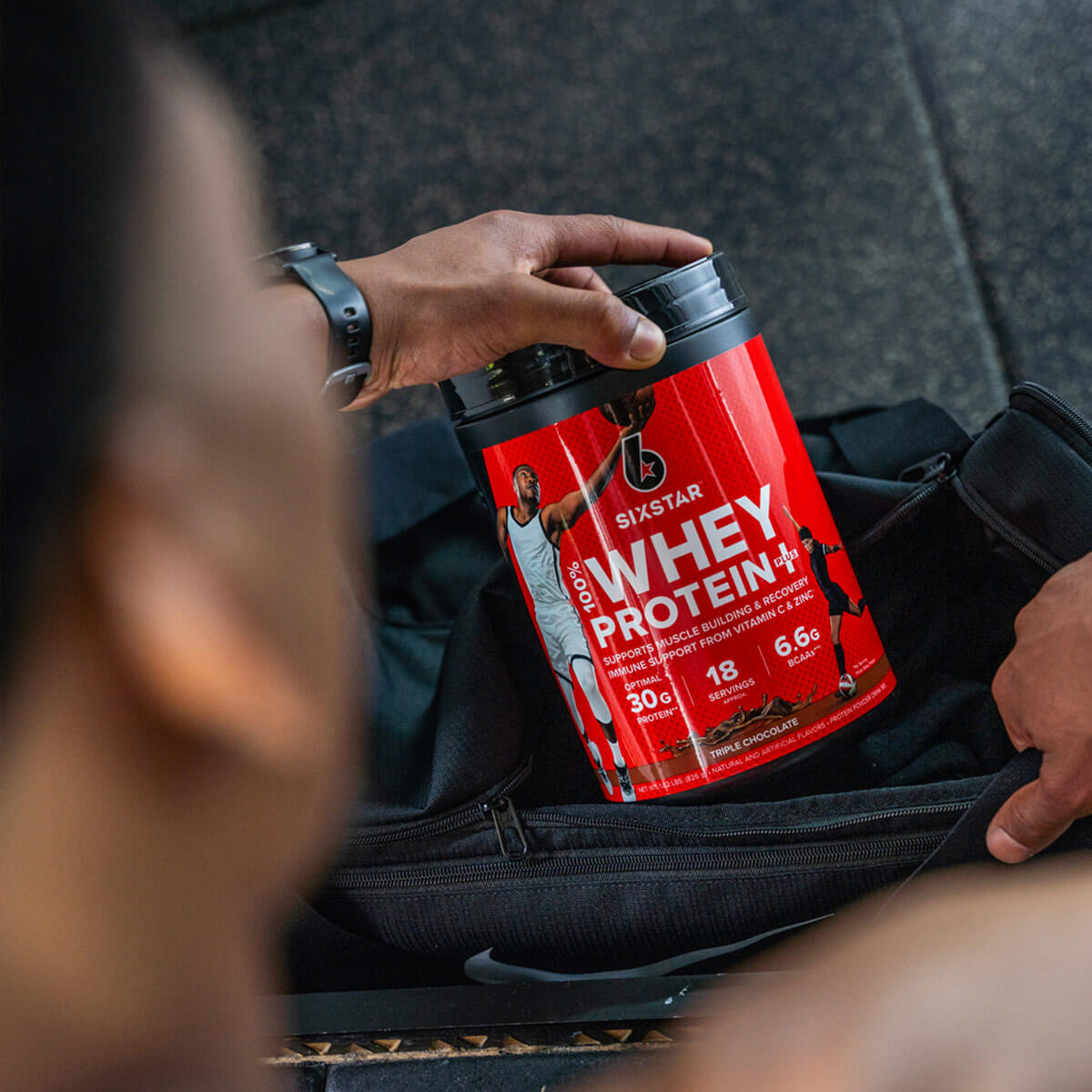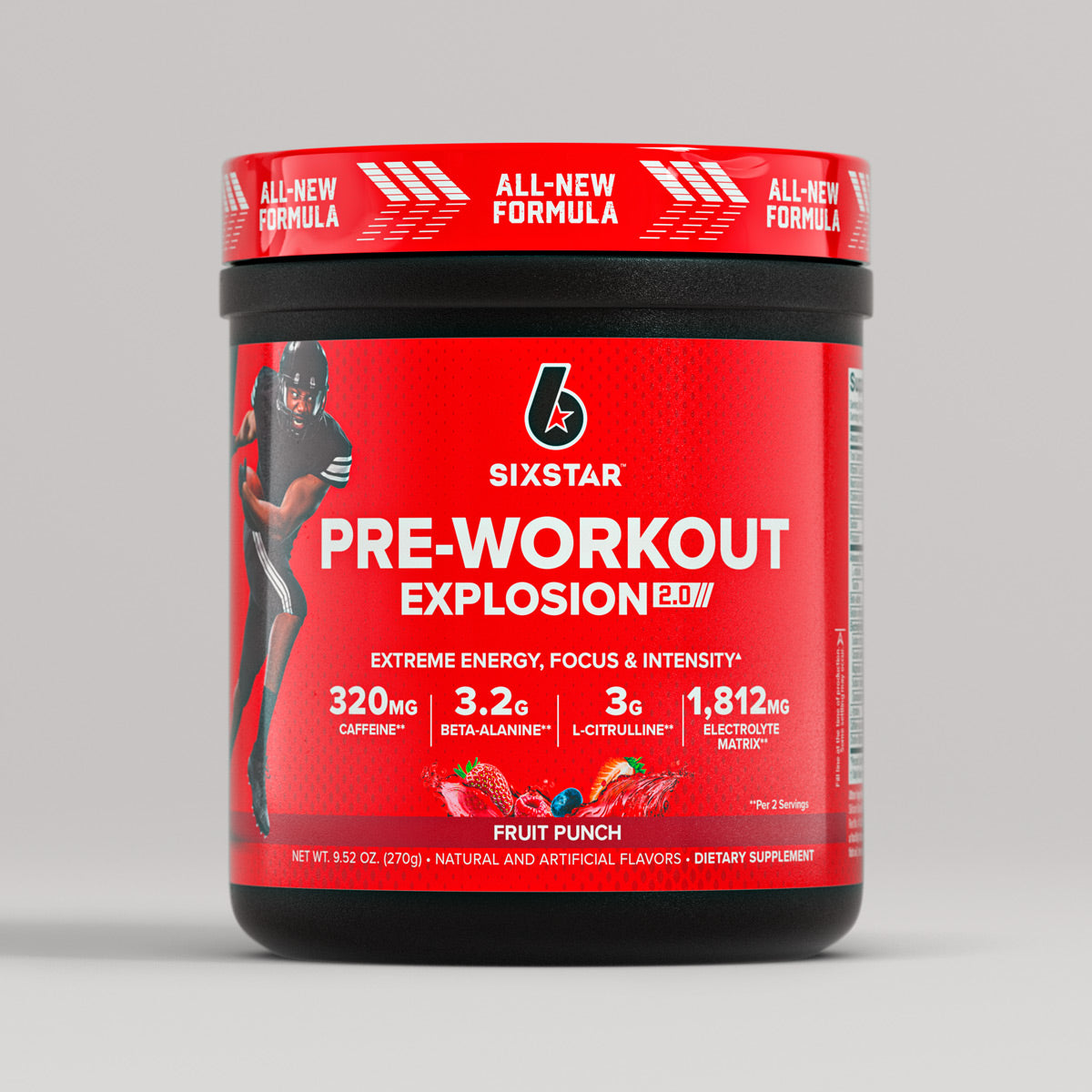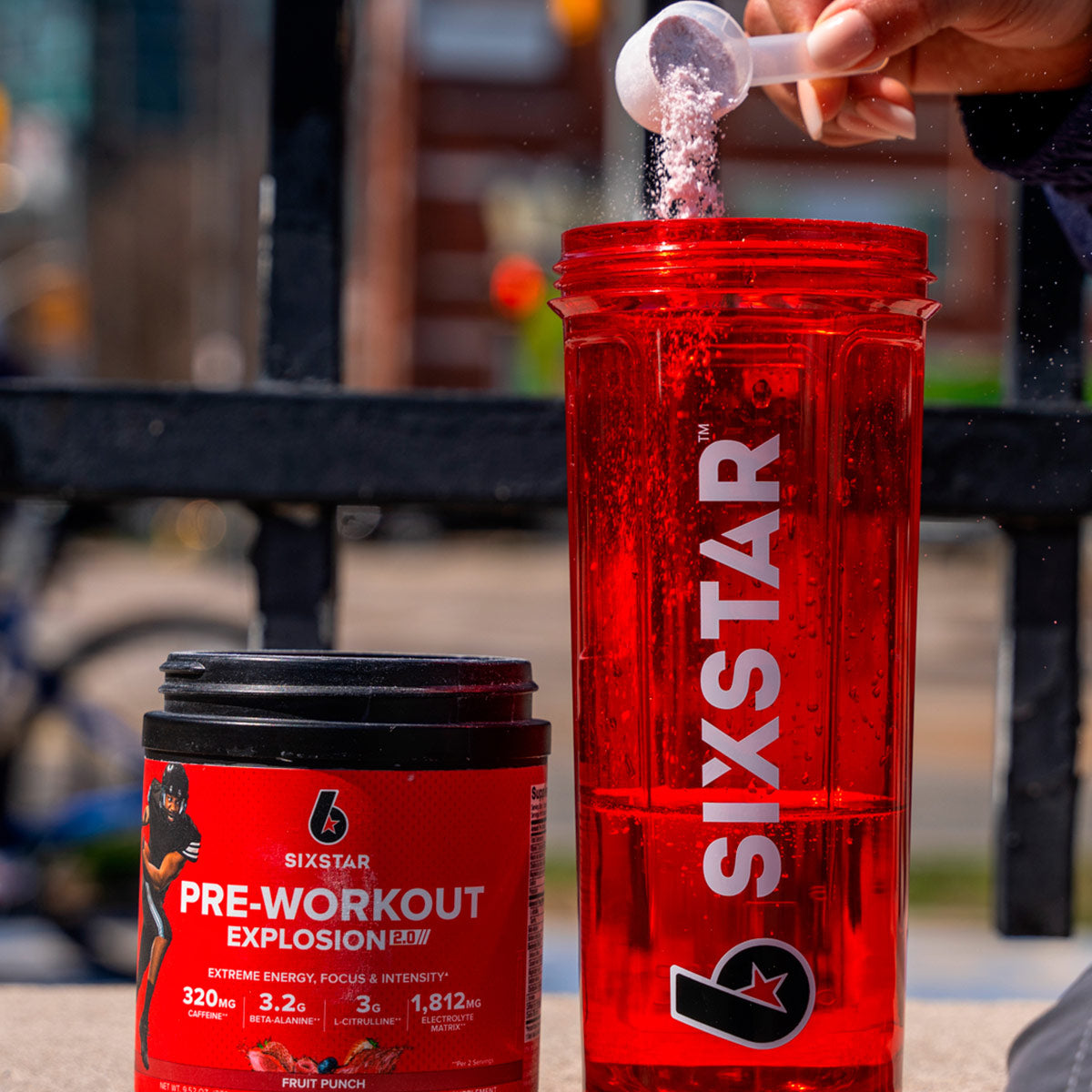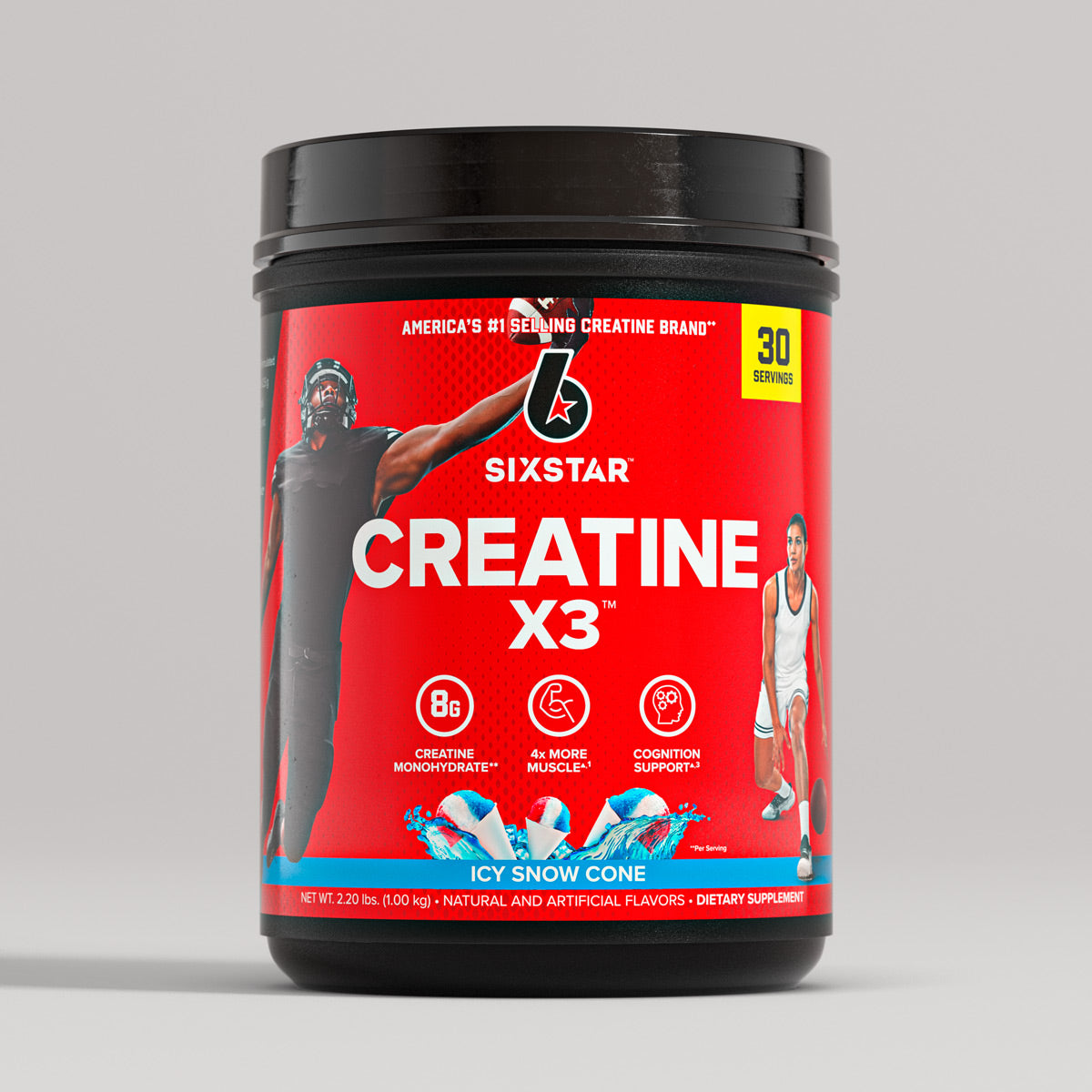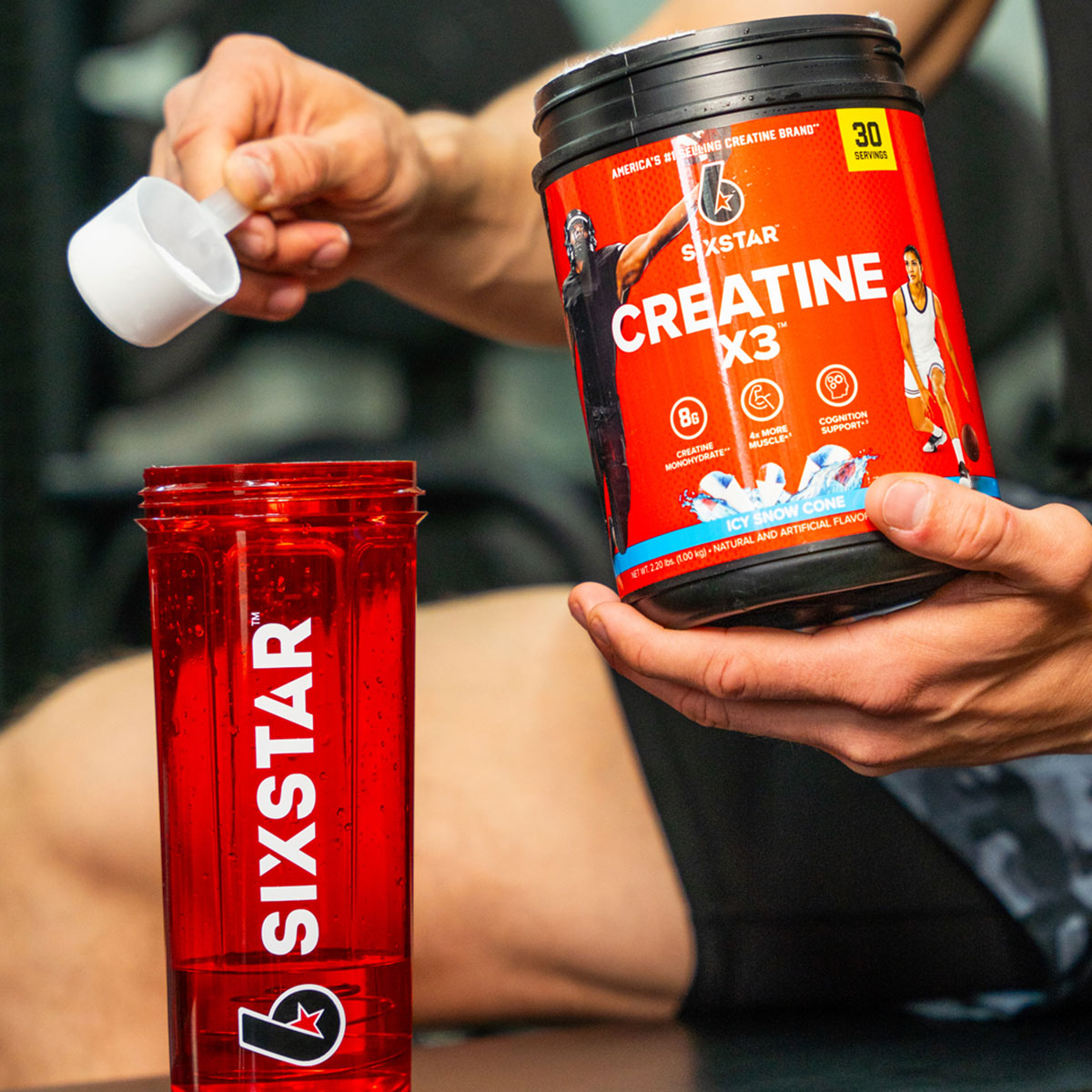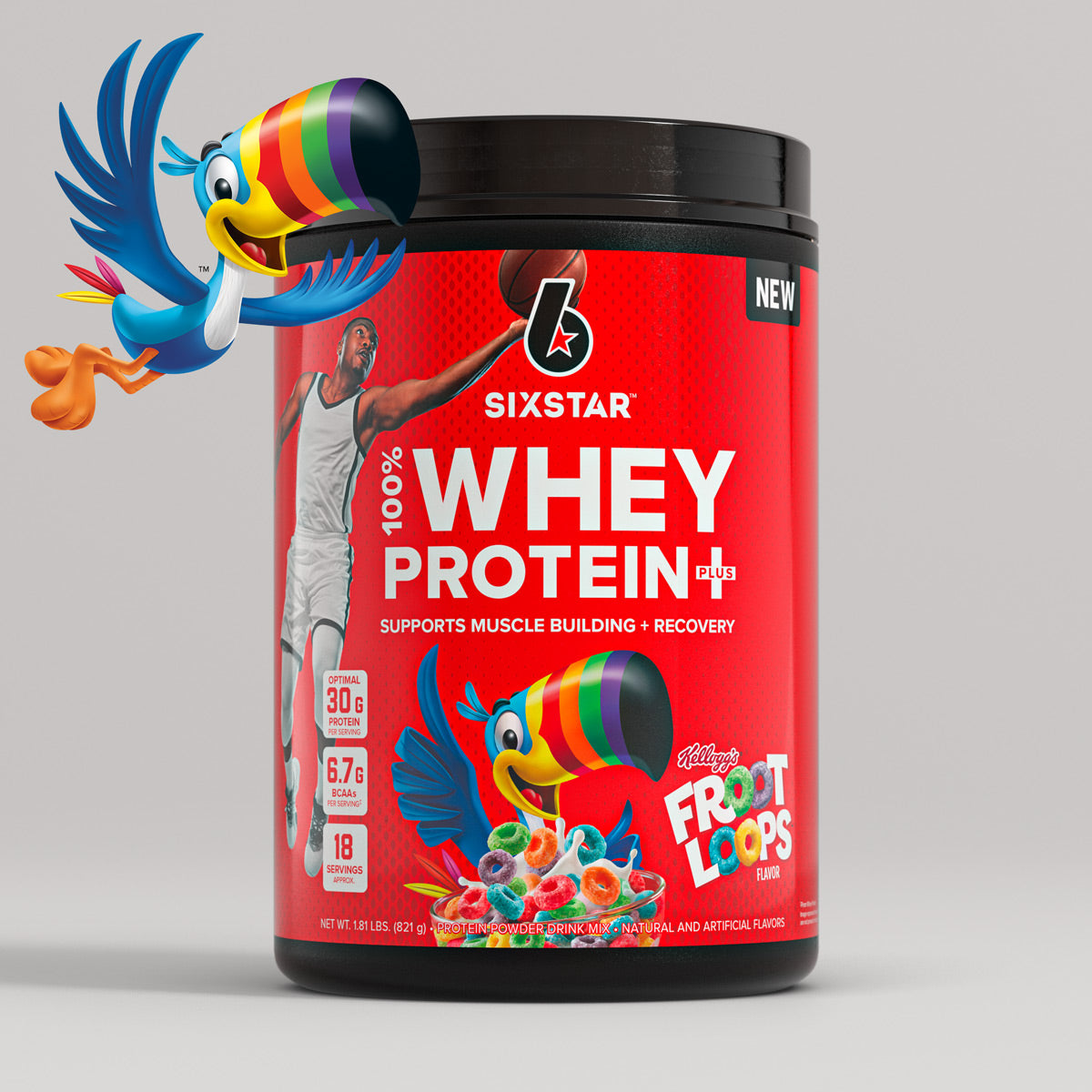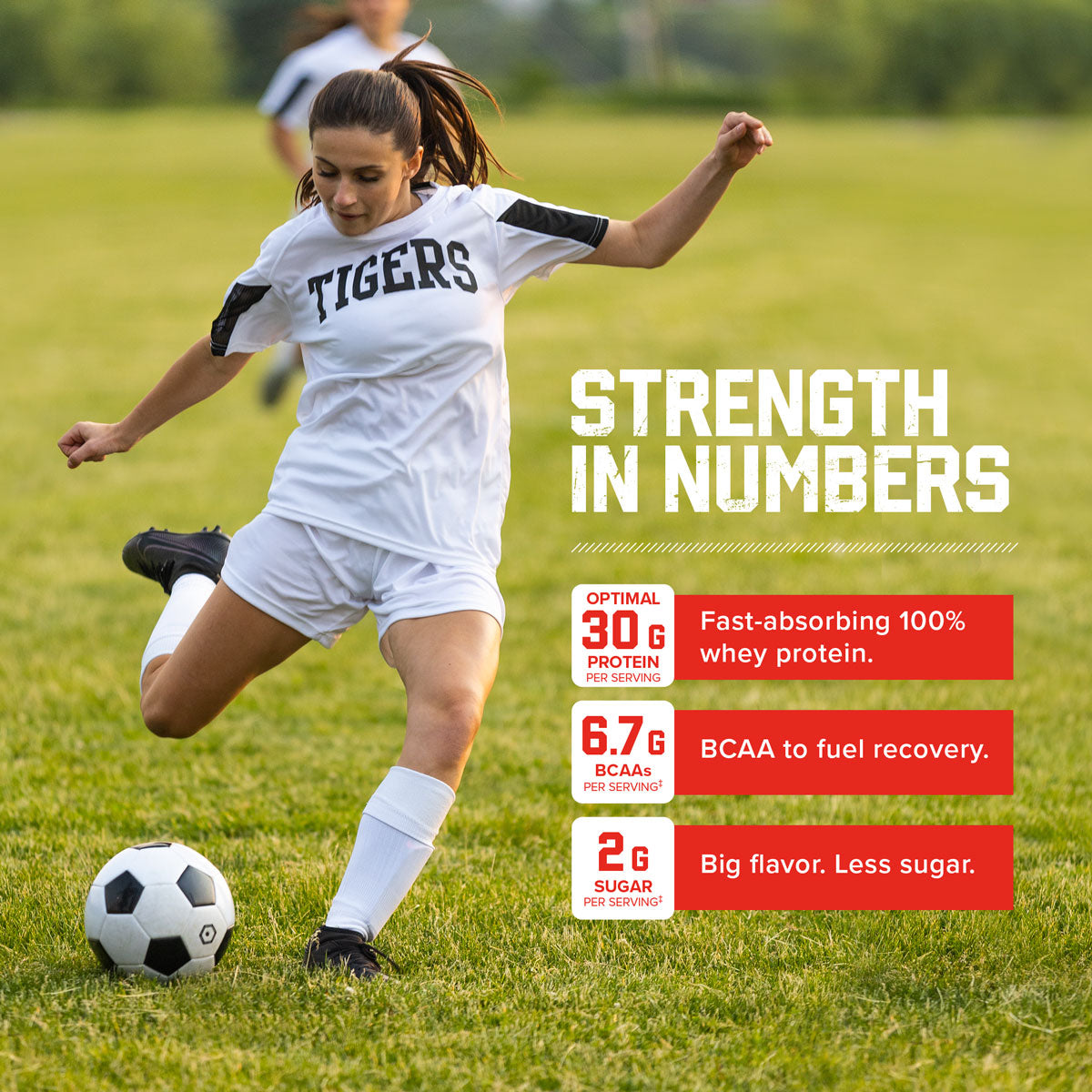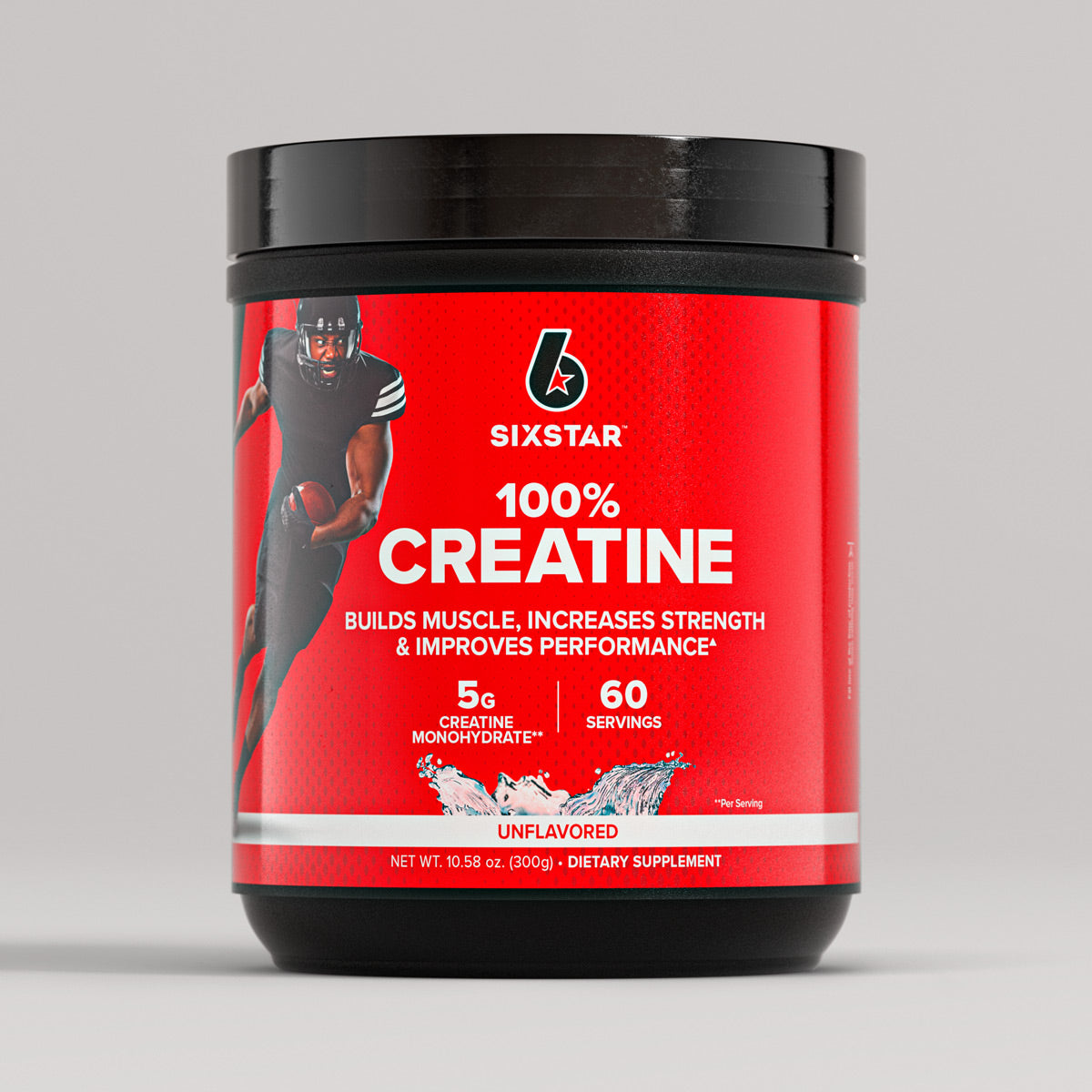Campus athletes committed to fitness need muscle mass and endurance. Whether in or out of season, alone or with the team, in the weight room or the dorm room, every student athlete has the ultimate power to strengthen themselves with exercise, resistance, and protein intake. The top strengthening tools for college athletes are everywhere!
Exercise science teaches that an effective muscle strength training program includes physical activity, together with a healthy diet and sports nutrition—not to mention plenty of sleep. With a little physical education and a lot of determination, students can be their own conditioning coach between workouts.
Basic Strength-Building for Every College Athlete
While others might exercise for weight loss, the college athlete’s workout uses weights primarily to build endurance, burn calories, and get stronger to improve performance. Two of the most important features of strength-building for athletes are variety and balance between compound and isolation exercises.
Each sport relies on a particular mix of skills, and there are strength-building tools for every muscle group, some of which are relatively affordable, even on a student’s budget. Effective combinations require power training and stability, warm-ups and cool-downs, repetition and rest. These include techniques that target upper body and lower body, plus core exercises. They require consistency, appropriate frequency, and proper sports nutrition.
Most college students are legal adults but developmentally still in the late stages of adolescence. They may not fully appreciate the importance of strength training. Coaches are essential to helping athletes safely and effectively use strength-building tools.
Best Strength-Training Equipment in the Gym
Some students are lucky to have access to a state-of-the-art fitness center with the top strengthening tools and fitness equipment for building muscular endurance, including free weights and dumbbells. Other tools incorporate aerobic workouts: treadmills, rowing machines, exercise bikes, and ellipticals. Conditioning exercises with equipment include tire flips, battle rope waves, log hang cleans, sled pushes, and medicine ball slams.
What to Know about Strength-Training Equipment
Many types of weights are beneficial with proper form. Machine weights, designed to adjust to users’ bodies, can be safe, effective, and easy to use. Free weights can also be effective but require supervision and training to avoid injury.
The best tools for strength training are the ones you will actually use. Look for those that address all major muscle groups and encourage good form to keep injury at bay. There’s no need to break the bank buying the latest trendy machines. Affordable strategies are highly effective, portable, and readily available.
Be sure to mix up your workout routine. Switching up exercises—alternating between cardio and muscle weights, indoors and outdoors—is important for building endurance. Variety works different muscle groups and has the added benefit of keeping your mind engaged and burning calories.
Strength-Building Workouts in the Dorm
What about when students are far from the weight room? Sports medicine experts agree that getting stronger requires no expensive equipment. A few classic and simple strength-building strategies still work wonders. The most important factors are technique, consistency, and muscle balance.
Strength Training Workouts for the Dorm Room
Versatile, lightweight, and portable exercise tools outside the weight room are plentiful. Successful athletes can use this kind of equipment at home, such as
- Resistance bands
- Hand weights or adjustable dumbbells
- Weighted bars
- Aerobic step platforms
- Yoga mats
Even something as basic as a towel (or that really big organic chemistry book) can be used as resistance exercise training equipment in a pinch. But many of the best workouts don’t require tools or strength equipment at all. In fact, athletes carry all the resistance they need in their own body weight.
According to the Mayo Clinic, body-weight training is just as effective for conditioning as weights or machines. Some of the best exercises are
- Squats
- Lunges
- Planks
- Sit-ups
- Push-ups
Adapting your routine for life on campus doesn’t have to be difficult. Focus on core exercises and essentials. Exercise all major muscle groups with body-weight exercise at least twice per week, using proper form to get the most benefit. Take at least a day off for recovery between strengthening each muscle group. No matter the routine, balance it with CDC-recommended aerobic exercise.
Focus on Diet and Nutrition for the Elite Athlete
All the exercises and equipment in the world won’t strengthen an athlete whose diet lacks key nutrients like protein. Athletes burn lots of extra calories when training. Hungry people, especially those on the go, tend to eat large quantities of highly processed convenience foods with empty calories. These aren’t optimal for anyone’s health, and the young athlete is no exception. Athletes can improve outcomes by fueling their bodies with the right calories and building blocks for core muscles, energy, and endurance, creating a balanced diet of nourishing foods with muscle protein.
Foods to Add to Your Strength-Building Diet (and Foods to Cut Out)
Health experts highlight three categories of macronutrients essential for human health: carbohydrates, protein, and fats. But not all macronutrients are created equal. The best ones are full of fiber, beneficial fatty acids, and vitamins and minerals.
- Carbohydrates should be complex, such as fruits, vegetables, and whole grains.
- Protein intake should emphasize lean protein like legumes, eggs, poultry, and low-fat dairy products.
- Body fat benefits most from healthy fats like those in avocados, olive oil, fish, and nuts.
A muscle-building meal plan should avoid heavily processed foods that are high in calories, refined sugars, and fats. Skip the individually wrapped snacks (even energy bars!) and the deep-fried foods (even vegetables!). Limit your intake of sweet drinks and alcoholic beverages. Opt instead for water and nutrient-dense, easy-to-pronounce, minimally processed whole foods.
Quality Sports Nutrition for College Athletes
From traditional sports to e-sports, student athletes perform at a transformative moment in their lives. SIXSTAR offers cutting-edge sports nutrition, one of the top strengthening tools college athletes need to optimize body composition through muscle protein synthesis.
Click here to find out more about our products and how you can build more strength today!

